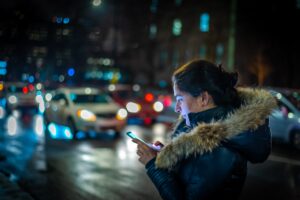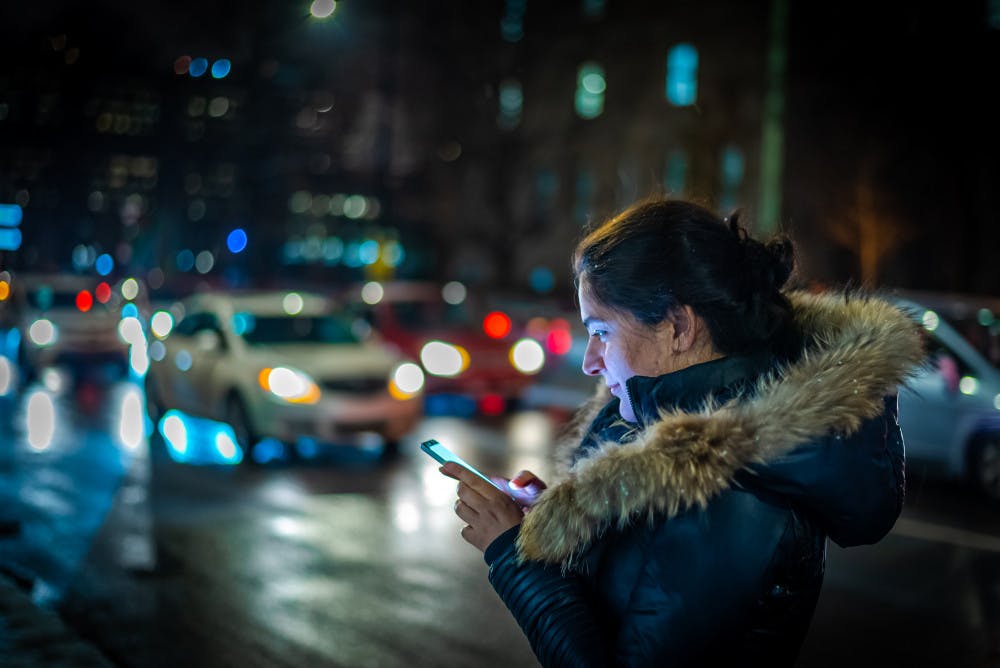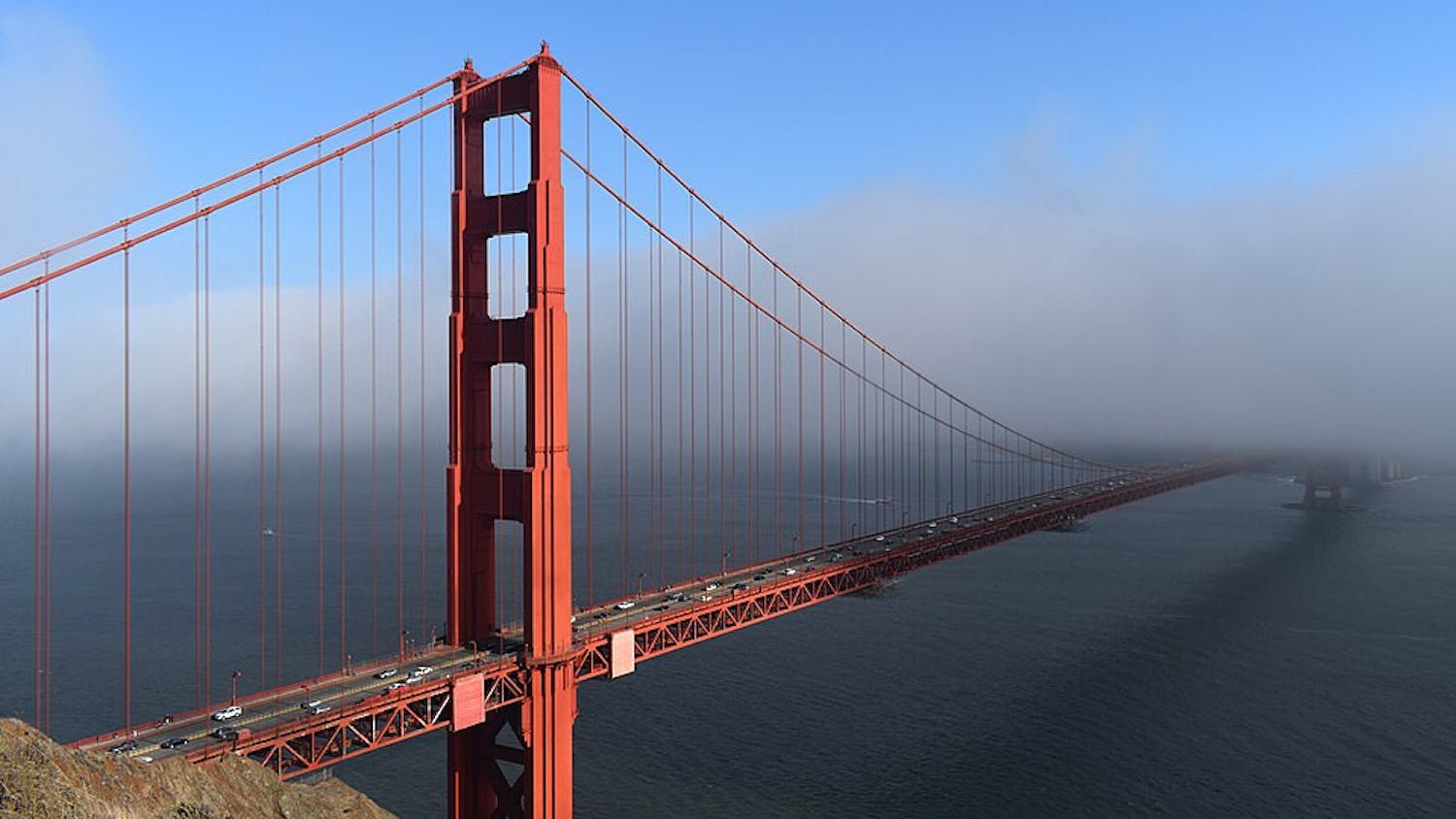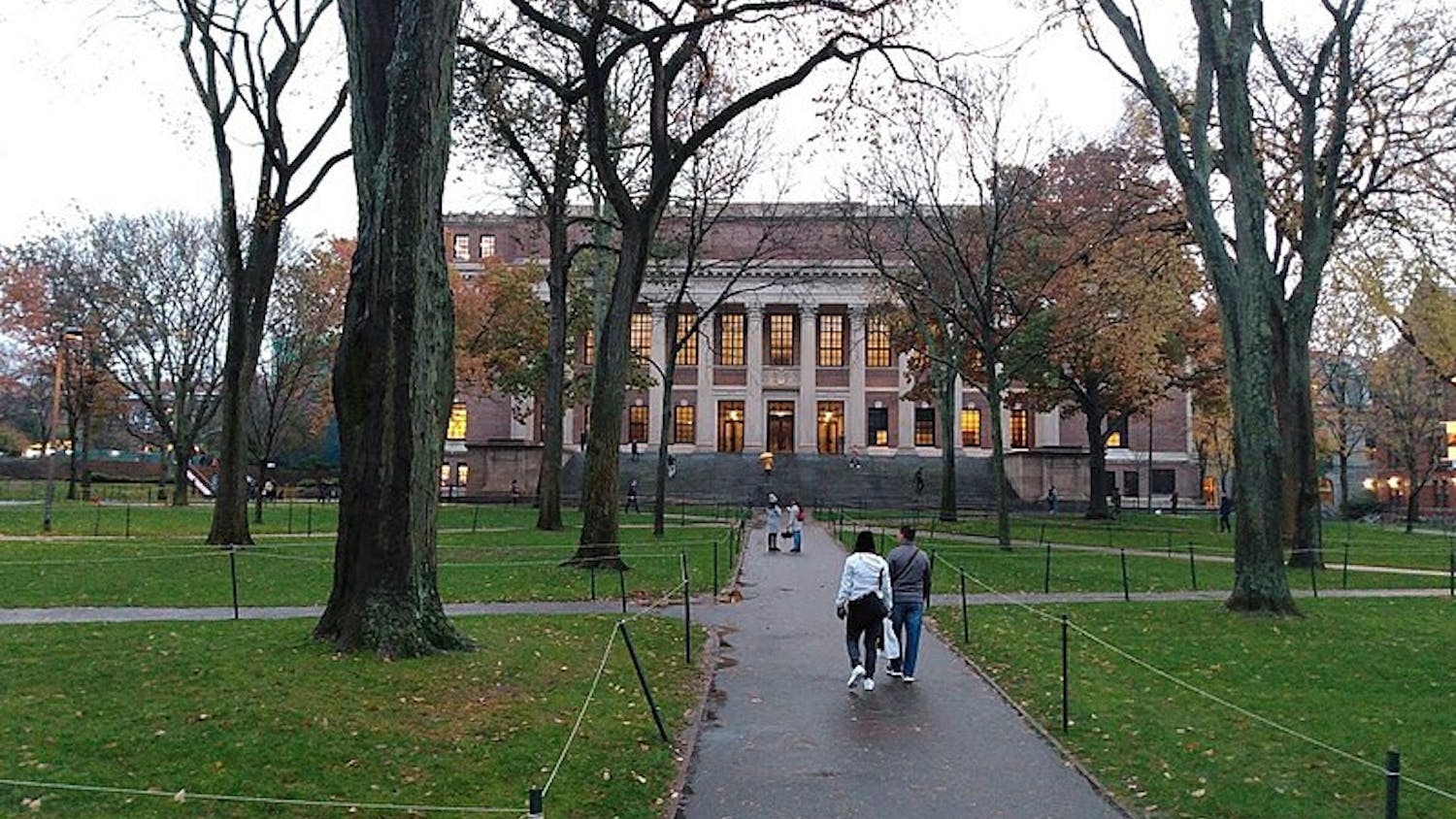By Pooja Paidipalli
Staff Writer
The National Bureau of Economic Research’s recent academic study found a pattern of Uber and Lyft drivers discriminating against passengers. The study was released at a time when other transportation platforms are exhibiting discriminatory behavior, according to Huffington Post.
Historically, the traditional taxi industry has picked up white passengers more often than African American passengers, Lyft’s Director of Policy Communications Adrian Durbin told Huffington Post.
“We are extremely proud of the positive impact Lyft has on communities of color,” Durbin said. “And we provide this service while maintaining an inclusive and welcoming community, and do not tolerate any form of discrimination.”
However, new evidence shows that Uber and Lyft still have a long way to go. The National Bureau of Economic Research reported that researchers from Massachusetts Institute of Technology, Stanford University and University of Washington conducted a two-year study in which they hailed about 1,500 rides in Seattle and Boston. They found there was a correlation between the way drivers treated passengers — sometimes cancelling trips — and the passenger's race and gender.
"The additional travel that female riders are exposed to appears to be a combination of profiteering and flirting to a captive audience," the study said, according to CNN.

Undergraduate research assistants were given identical smartphones, mobile carriers and data plans to guarantee no technical variations among the riders, CNN reported. Complex reported that the students were asked to request numerous rides and note the time the ride was requested, if the driver accepted the request, the time the rider was picked up and the time it took to reach the final destination. The study also tested various names that are traditionally female and stereotypically “African American-sounding.”
After comparing the rider’s experiences, the researchers found evidence pointing to racial and gender discrimination by drivers in each city, Huffington Post reported. Research revealed that many African American passengers endured longer wait times and numerous cancellations, while many female passengers were flirted with, taken on longer routes and overcharged for the longer rides.
According to Complex, the study revealed that it took up to 28 percent longer for drivers to accept trips for “African American-sounding” names. In Boston, Uber cancelled rides three times as often for men with a “distinctively black name,” while Lyft did not appear to cancel on male riders based on their names.
Researchers hypothesize that the reason behind this is that the Uber app shows the rider’s photo and name only after accepting the ride, and the only information given to the driver before accepting a ride is the time it takes to reach the final destination. Since Lyft allows drivers to see the passenger’s name and photo before accepting the ride, the study might not have captured the full extent of discrimination by Lyft drivers, according to Huffington Post.
Spokespeople from both Uber and Lyft have made it clear that the apps are intended to provide inexpensive and easy rides for everyone, so discriminatory drivers will not be tolerated.
“Discrimination has no place in society, and no place on Uber,” Uber head of North American Operations Rachel Holt said in a statement, according to Huffington Post. “We believe Uber is helping reduce transportation inequities across the board, but studies like this one are helpful in thinking about how we can do even more.”







